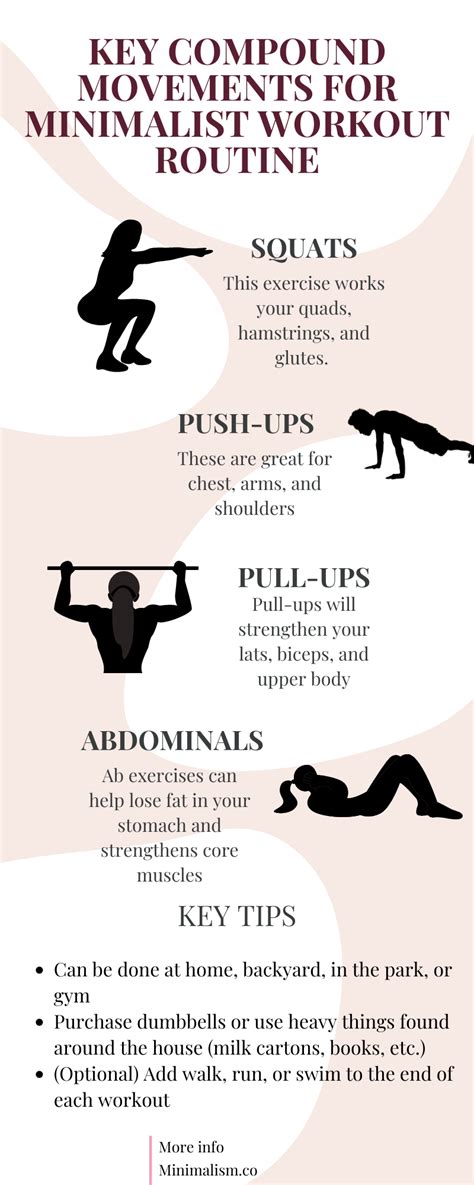Maximize hypertrophy & strength with minimal gym time for peak performance?

The Modern Dilemma: Achieving Peak Performance with Limited Time
In today’s fast-paced world, finding ample time for the gym can feel like a luxury. Many aspire to build impressive muscle and formidable strength, yet juggle demanding careers, family responsibilities, and other commitments. The good news is that achieving significant hypertrophy and strength gains doesn’t necessarily require endless hours in the weight room. With intelligent programming, unwavering focus, and a commitment to intensity, you can maximize your results with minimal gym time.
Core Principles for Time-Efficient Training
To make every minute count, your training approach must be strategic and purposeful. Forget aimless workouts and embrace these foundational principles:
1. Prioritize Intensity Over Volume
When time is limited, the quality of your sets trumps the quantity. Focus on pushing yourself close to muscular failure (1-3 repetitions in reserve, RIR) on most working sets. This high-effort approach sends a strong signal for muscle growth and strength adaptation, even with fewer sets overall.
2. Embrace Compound Movements
Compound exercises are your best friends. Lifts like squats, deadlifts, bench presses, overhead presses, and rows engage multiple muscle groups simultaneously, providing maximum bang for your buck. They are superior for both hypertrophy and strength development compared to isolation exercises when time is scarce.
3. Unwavering Progressive Overload
The non-negotiable key to long-term progress in both strength and size is progressive overload. This means continually challenging your muscles to do more over time—whether that’s lifting heavier weight, performing more repetitions with the same weight, or increasing the density of your workouts. Without consistent progression, your body has no reason to adapt.

Crafting Your Minimalist Workout Program
An effective program for minimal gym time often revolves around efficiency and full-body stimulation. Here’s how to structure it:
Workout Frequency and Structure
For individuals with limited time (e.g., 2-3 sessions per week), a full-body training split is often the most effective. This allows you to hit all major muscle groups multiple times per week, providing sufficient stimulus for growth and strength adaptation. Each session should be intense and focused, ideally lasting 45-60 minutes, including warm-up.
Exercise Selection: Less is More
Limit your selection to 4-6 key exercises per session, predominantly compound movements. For example, a workout might include:
- A squat variation (e.g., barbell back squat)
- A horizontal push (e.g., barbell bench press)
- A vertical pull (e.g., lat pulldown or pull-ups)
- A hinge movement (e.g., Romanian deadlift)
- A vertical push (e.g., overhead press)
- An optional isolation exercise or core work (e.g., biceps curls or planks)
Rep Ranges & Sets
Aim for a mix of rep ranges to stimulate both strength and hypertrophy. For compound lifts, 3-4 sets of 4-8 reps (for strength) or 6-12 reps (for hypertrophy) are generally effective. Focus on proper form and controlled movements.

Optimizing Every Minute in the Gym
Beyond the program itself, how you conduct your workout is crucial for maximizing efficiency:
Efficient Warm-ups
Don’t waste 20 minutes on the treadmill. A dynamic warm-up targeting the movements you’ll perform, followed by 1-2 light warm-up sets for your first exercise, is usually sufficient. Focus on mobility and activation.
Strategic Rest Periods
Rest just long enough to recover sufficiently for your next challenging set, typically 60-120 seconds for hypertrophy and 2-3 minutes for maximal strength sets. Avoid excessive scrolling on your phone; stay focused.
Focus and Execution
Maintain a strong mind-muscle connection. Concentrate on feeling the target muscles work through the full range of motion. Perfect form not only prevents injury but also ensures maximal muscle engagement and growth stimulus.

Beyond the Barbell: Nutrition and Recovery
Even the most efficient training program will yield subpar results without adequate support outside the gym. These elements become even more critical when training volume is limited:
Optimal Nutrition
Ensure you’re consuming enough protein (1.6-2.2g per kg of body weight) to support muscle repair and growth. Maintain a slight caloric surplus if your primary goal is hypertrophy, and eat nutrient-dense foods to fuel your intense workouts and recovery.
Quality Sleep and Stress Management
Sleep is when your body repairs and rebuilds. Aim for 7-9 hours of quality sleep per night. Manage stress effectively, as chronic stress can hinder recovery and muscle growth.

Conclusion: Smart Training, Big Results
Maximizing hypertrophy and strength with minimal gym time isn’t about shortcuts; it’s about intelligence and intensity. By focusing on compound movements, prioritizing progressive overload, training with purpose, and supporting your efforts with optimal nutrition and recovery, you can achieve remarkable results. Don’t let a busy schedule be an excuse—let it be the motivation to train smarter, harder, and more effectively than ever before. Your peak performance awaits, even with just a few dedicated hours each week.








